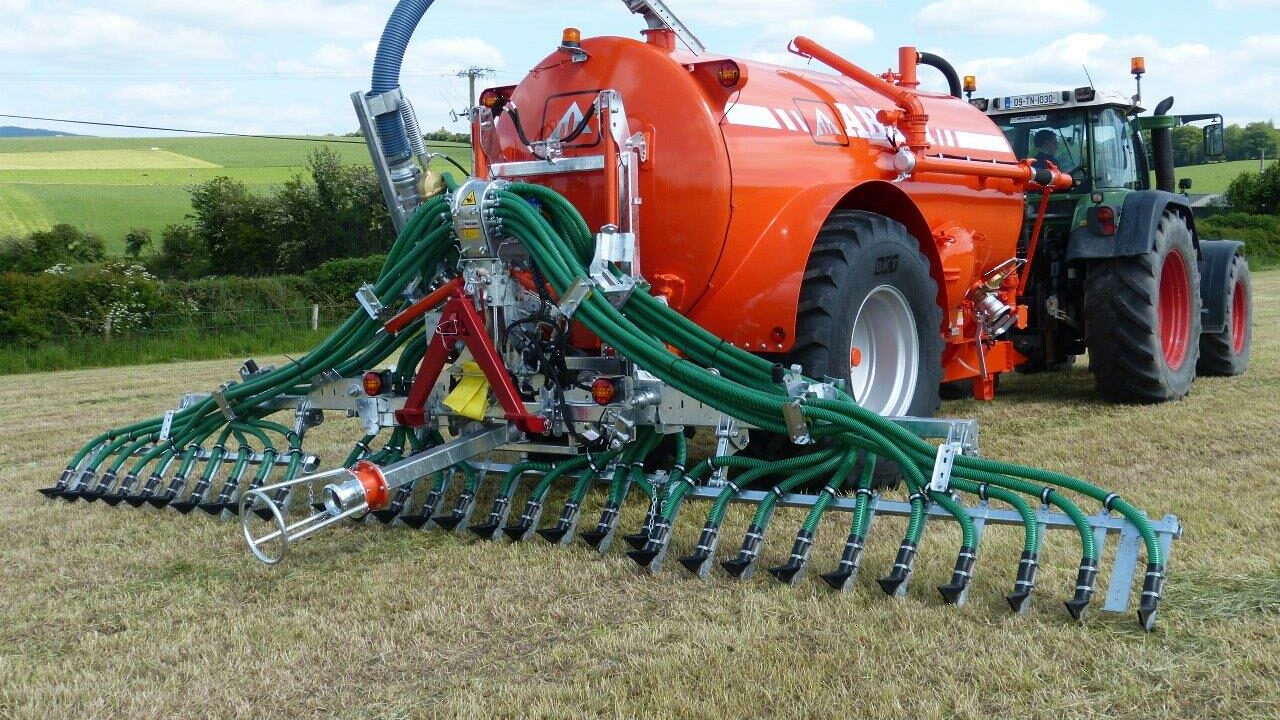The Minister for Agriculture Michael Creed has been called up to extend the deadline for slurry spreading, by Fianna Fáil Spokesperson on Agriculture, Charlie McConalogue.
While the deadline is set to close on October 15, slurry spreading opportunities have been seriously curtailed due to the severe weather experience over the the past few months, according to Deputy McConalogue.
“The October 15 deadline is fast approaching but farmland across the country has had little time to recover from severe downpours of this summer, with many farms still waterlogged.
“While I appreciate that the Nitrates Directive is in effect, Minister Creed must talk with his European counterparts to secure some flexibility for farmers whose land has been severely damaged as a result of recent weather conditions.
Farmers must see that the Government is doing everything within its power to extend the current deadline.
“I understand that farms in Northern Ireland have been given an exemption to spread slurry past this deadline once they can provide a reasonable explanation for an extension.
“I am urging Minister Creed to argue for a similar exemption for farmers here,” the Donegal TD said.
The calls to extend the deadline was also echoed by the Irish Cattle and Sheep Farmers’ Association’s Rural Development Chairman, Seamus Sherlock.
“ICSA has recently visited several farmers who are struggling with lands which have been impacted by recent heavy rainfalls. This has severely limited their ability to do the required spreading”, he said.
The ICSA is calling for allowances to be made in cases where farmers have not had adequate time to spread slurry given the poor conditions, Sherlock said.
It is only reasonable that these farmers should be allowed to do whatever is necessary, within reason, to ensure they get adequate amounts of slurry spread.
After the deadline farmers are not allowed to spread slurry on their lands under the rules of the Nitrates Directive, with spreading prohibited over the winter in Ireland so as to comply with the Directive.
The aim is to protect ground and surface water, including drinking water. The regulations also prohibit such application at any time of the year when the ground is frozen, waterlogged or heavy rain is forecast.
